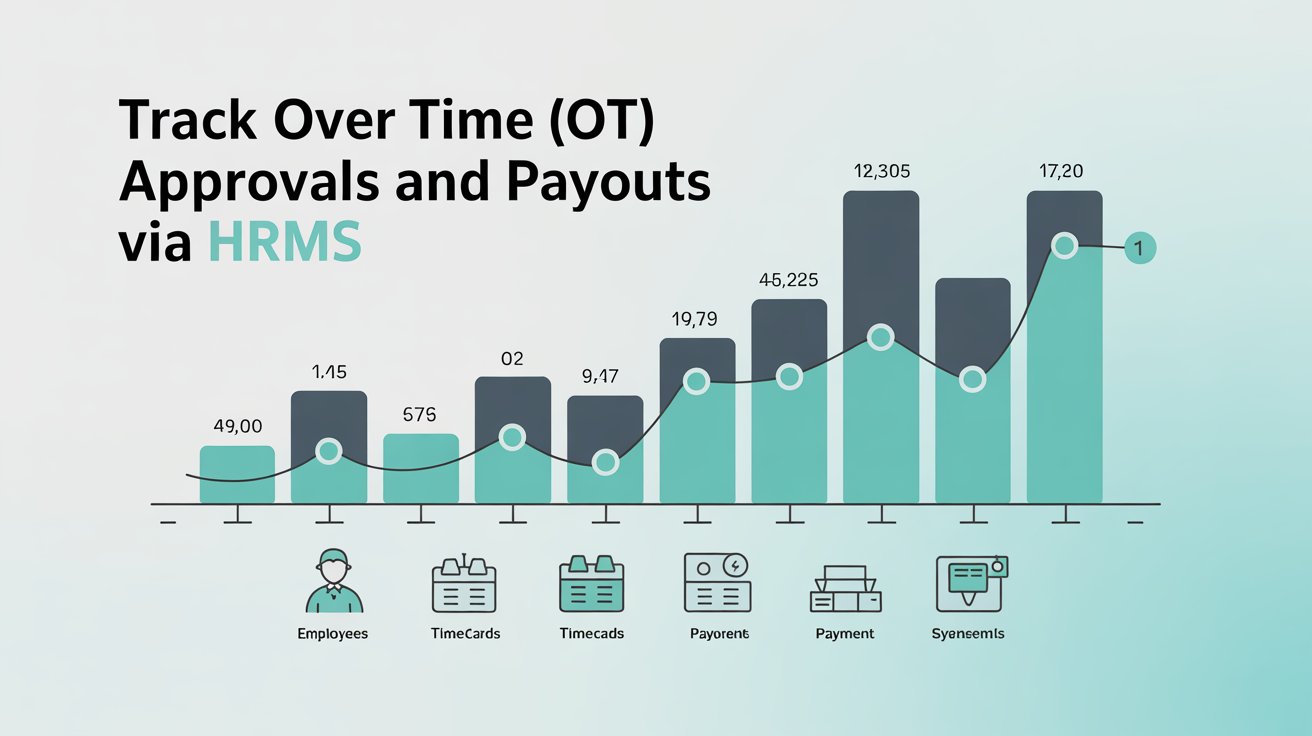HRMS software future trends: what German businesses have in store

Strong 8k brings an ultra-HD IPTV experience to your living room and your pocket.
The digital revolution has deeply impacted work life in Germany. Human resource management systems (HRMS) specifically are changing quite fast to fulfill the new demands. German businesses in 2025 and beyond will have the challenge of not only streamlining HR processes, but also building them strategically. Contemporary HRMS software is the core of this - and its further evolution is influenced by technological, social and legal developments.
The evolving world of work in Germany
German businesses are facing a change in work culture nowadays: lack of trained staff, hybrid working concepts, global teams and greater emphasis on work-life balance are changing what HR departments expect. In the future, HRMS software has to perform more than merely payroll accounting and management of personnel files - it has to be an instrument of employee retention, talent management and digital teamwork.
Artificial intelligence and automation of HR administration
One prevailing trend for HRMS systems is the growing application of artificial intelligence (AI) and machine learning. German businesses are increasingly adopting AI-aided functionality for analysing employee data, optimizing the recruiting process and forecasting staff turnover. Chatbots perform initial queries in the application process or in internal HR assistance, economizing time and resources.
Automation - say in holiday requests, induction routines or the running of training - also significantly cuts down on manual labor and sources of error. Consequently, HR functions in Germany gain more room for strategic work.
Cloud-based solutions gaining momentum
Whereas most German businesses previously relied on local installations for data protection purposes, confidence in secure cloud-based solutions is increasing today. Cloud operation of HRMS systems is more and more being run in the modern era due to their offering location-independent access, automatic updates and improved scalability.
Operators with data centers in Germany or the EU that offer GDPR-compliant solutions are highly sought after by German businesses. Not only is remote management of HR processes desirable in the era of working from home, but internationally active teams need it as well.
Integration with other company systems
Another future trend will be more integration of HRMS with other systems like ERP, CRM or project management software. In Germany, the majority of companies place value on the seamless flow of data and automated workflows across departmental boundaries. Therefore, the HR department is no longer considered in isolation, but rather as a networked part of the overall corporate strategy.
APIs and open interfaces permit the flexible integration of HRMS into existing IT environments. This is an essential criterion when choosing software, particularly for German SMEs with heterogeneous IT infrastructures.
Centre on employee experience and self-service
German companies are more and more recognizing the benefits of employee experience. The future HRMS solutions will thus pay more and more attention to user friendliness, customized dashboards and mobile apps. Employees today expect to be able to administer their own data, request vacations or enroll in training - comfortably and in real time.
Self-service portals not only ease the workload of HR teams, but also enhance transparency and individual responsibility among employees. Employee experience will be one of the success drivers in holding onto talent in Germany in the future.
Sustainability and compliance become commonplace
Topics like sustainability, diversity and legal compliance are becoming increasingly relevant in Germany. ESG key figures, equality reports and data protection controls will be part of future HRMS systems to a larger extent. Compliance with statutory requirements - from the GDPR to the Supply Chain Act - will no longer only be recorded in new systems, but also actively assisted.
For German businesses, this translates to that individuals investing in future-proof HR technology now are not only able to work more effectively, but also actively promote social and environmental responsibility.
Conclusion: Next-generation HRMS is strategic, smart and human
For German companies, the future of HR work is intelligent, flexible and user-focused HRMS solutions. The systems of the future will not just automate, but also offer strategic insights, compliance and employee focus. Those who take these trends seriously at an early stage and introduce appropriate solutions will have a clear lead in the talent and innovation competition.
Note: IndiBlogHub features both user-submitted and editorial content. We do not verify third-party contributions. Read our Disclaimer and Privacy Policyfor details.



